Source: Purchased
Paperback, 214 pages
I am an Amazon Affiliate
Wilderness: The Lost Writings of Jim Morrison Volume 1 is a collection of poems, scribbled notes, photos, and a self-interview from Jim Morrison, lead singer of The Doors. Like he music produced by Morrison and his band mates, his poetry has a hallucinatory quality. Foremost a poet who unexpectedly found himself as a lead singer, lyrics of The Doors are in these poems, or vice versa depending on which he wrote first. Fans of the band will enjoy looking at Los Angeles through Morrison’s eyes in these poems, with several referring to the city as LAmerica. The seedy sides of L.A. are not glossed over, nor are his nomadic days with his family. While much of his poetry is psychedelic in nature, dark, and offensive at times about carnal desires, there also is a reverence paid to the military, particularly military veterans, which could be influenced by the fact that his father was a military veteran. However, like most artists, when compared to one another, the poems often contradict one another, as if the poet is working out some internal struggle of ideas.
“An interview also gives you the chance to try and eliminate all of those space fillers … you should try to be explicit, accurate, to the point … no bullshit. The interview form has antecedents in the confession box, debating and cross-examination. Once you say something, you can’t really retract it. It’s too late. It’s a very existential moment.” (page 1 — Self-Interview)
There are moments where the poems are lucid and easy to follow, but there are other times when the poems are confusing and make little sense to the reader without some reference point in the literature (i.e. William Blake or Nietzsche) or other knowledge Morrison picked up in his reading and living. Despite the notes in the back that suggest Morrison often wrote many drafts of his poems (though the editors had a problem with chronology of those unnumbered and undated drafts), many of these poems feel unfinished and unpolished.
Selections from a few untitled poems: "Men who go out on ships To escape sin & the mire of cities watch the placenta of evening stars from the deck, on their backs & cross the equator & perform rituals to exhume the dead" (page 25) LAmerica "Androgynous, liquid, happy Heavy Facile & vapid Weighted w/words Mortgaged soul Wandering preachers, & Delta Tramps" (page 87) "Airport. Messenger in the form of a soldier. Green wool. He stood there, off the plane. A new truth, too horrible to bear. There was no record of it anywhere in the ancient signs or symbols." (page 89) "Actors must make us think they're real Our friends must not make us think we're acting They are, though, in slow Time" (page 117) As I Look Back As I look back over my life I am struck by post cards Ruined Snap shots faded posters Of a time, I can't recall (page 201)
Wilderness: The Lost Writings of Jim Morrison Volume 1 is an existential journey of a poet, artist, and musician. Fans of the band will love this collection, those that want an experience and look at the 1970s in Los Angeles will also love this collection. Those looking for poetry that wows or connects with them may find it harder to connect with, especially since the poetry is a bit cryptic in purpose.
About the Poet:
Jim Morrison was an American singer-songwriter and poet, best remembered as the lead singer of Los Angeles rock band The Doors.
 Book 14 for the Dive Into Poetry Reading Challenge 2014.
Book 14 for the Dive Into Poetry Reading Challenge 2014.
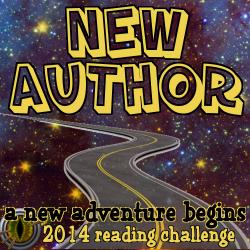 22nd book for 2014 New Author Challenge.
22nd book for 2014 New Author Challenge.

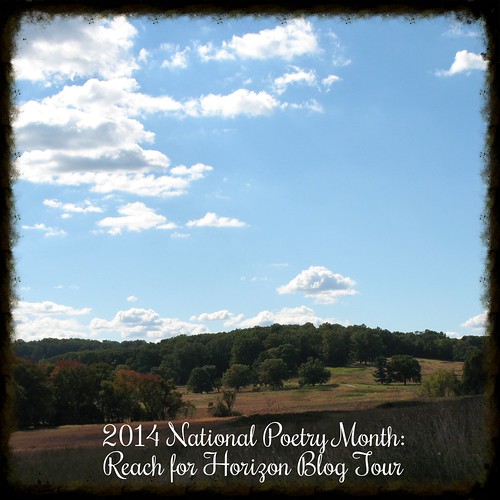

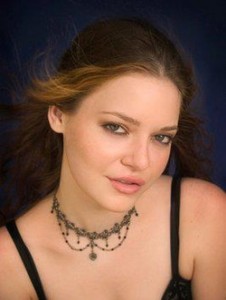


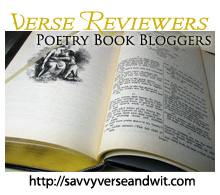



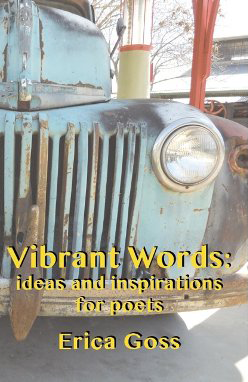
 Erica is truly a driven poet. Thanks so much for sharing your travels and your inspiration with us.
Erica is truly a driven poet. Thanks so much for sharing your travels and your inspiration with us.



